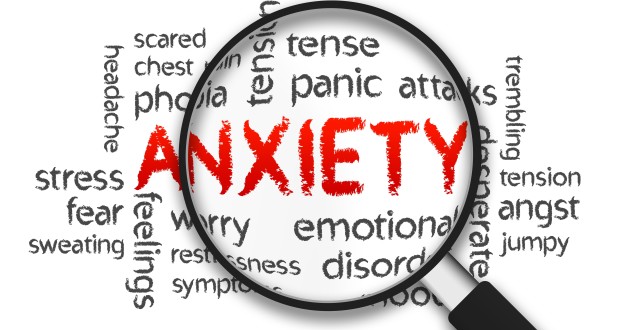Whether we like it or not, anxiety is a part of life. This shouldn’t be taken to mean that excessive anxiety isn’t a serious problem; aside from making daily life much less enjoyable, there is reason to believe that an anxious life might take its toll on your heart.
Measuring Anxiety
In early 2008, a study of 735 men unearthed a possible connection between heart attack risk and anxiety. The data analyzed by the researchers was collected by the U.S. Normative Aging Study (NAS), a long-running project that monitors the health of a group of male volunteers. None of the participants had a history of coronary disease or diabetes prior to enrolling in the NAS. The men examined by the 2008 study had an average age of sixty.
As part of their study, the authors needed to document their subjects’ anxiety levels. Fortunately, a survey known as the Minnesota Multiphasic Personality Inventory provided this very information. All of the participants had completed this questionnaire, which included a number of questions designed to measure the following characteristics:
- Vulnerability to obsessive/compulsive thoughts
- Comfortability with social interactions
- The presence of phobias
- A person’s inclination to respond poorly to stressful circumstances
Putting the Heart at Risk
Upon reviewing this data, the authors concluded that anxiety posed a significant threat to the subjects’ long-term heart health. In fact, when compared against other mental health problems, the study reported that chronic anxiety was more likely to induce a heart attack.
To rule out other potential explanations for their findings, the authors reviewed several important areas of the respondents’ overall health, including blood pressure readings, age and body mass index. Furthermore, the researchers also considered other factors that could alter their findings, such as smoking habits, alcohol consumption and levels of educational attainment. Even when all of this information was added to the mix, the relationship between anxiety and heart attack remained firm.
While the study does indicate that poor mental health can impact the heart and circulatory system, the authors stress that this connection is far from simple. The body’s physical well-being may also be adversely affected by excessive levels of anger and/or depression. In addition, the heart attack risk among various demographic groups could be affected by specific factors. As with other medical issues, further research is needed to better understand the effects of psychological issues on the heart.
The study represented a collaborative effort between researchers from several organizations, such as the University of Southern California, the University of Miami and Brown Medical School. The Journal of the American College of Cardiology published this report in its January 15, 2008 issue.
 Natural Knowledge 24/7 Educate yourself with nutrition, health and fitness knowledge.
Natural Knowledge 24/7 Educate yourself with nutrition, health and fitness knowledge.






